Nighthunter
The Nighthunters will be coming tonight, so make sure to leave the nets open so they can reach the orchard. And whatever you do, don't get in their way this time! Pollination by Night almost refused the contract this year after the stunt you pulled last time... As it is they doubled the price, but nobody else can match their results!Nighthunters are small, nocturnal birds hired by many farmers to pollinate their fields. The birds have rarely been spotted in the wild, only on farms contracting for their services. This fact, coupled with their highly efficient pollination methods, has led many to believe the birds were Zokinetically engineered by Pollination by Night. The organization remains tight lipped about the birds and their origin, and rigorously defends themselves against anyone attempting to obtain too close a look at the active birds.
Basic Information
Genetics and Reproduction
Ecology and Habitats
Dietary Needs and Habits
Additional Information
Domestication
The hard working Nighthunter is under the protection of Pollination by Night. By employing Pollination by Night you agree not to interfere with our birds in any way, including but not limited to their flight, their health and well being, their meals, and their pollination efforts. Failure to comply with this agreement will subject you to disciplinary actions at the discretion of Pollination by Night, up to and including fines, the cancelation of this contract, the rejection of future contract attempts, and other legal actions. We look forward to assisting your plants in achieving their fullest productivity and potential!
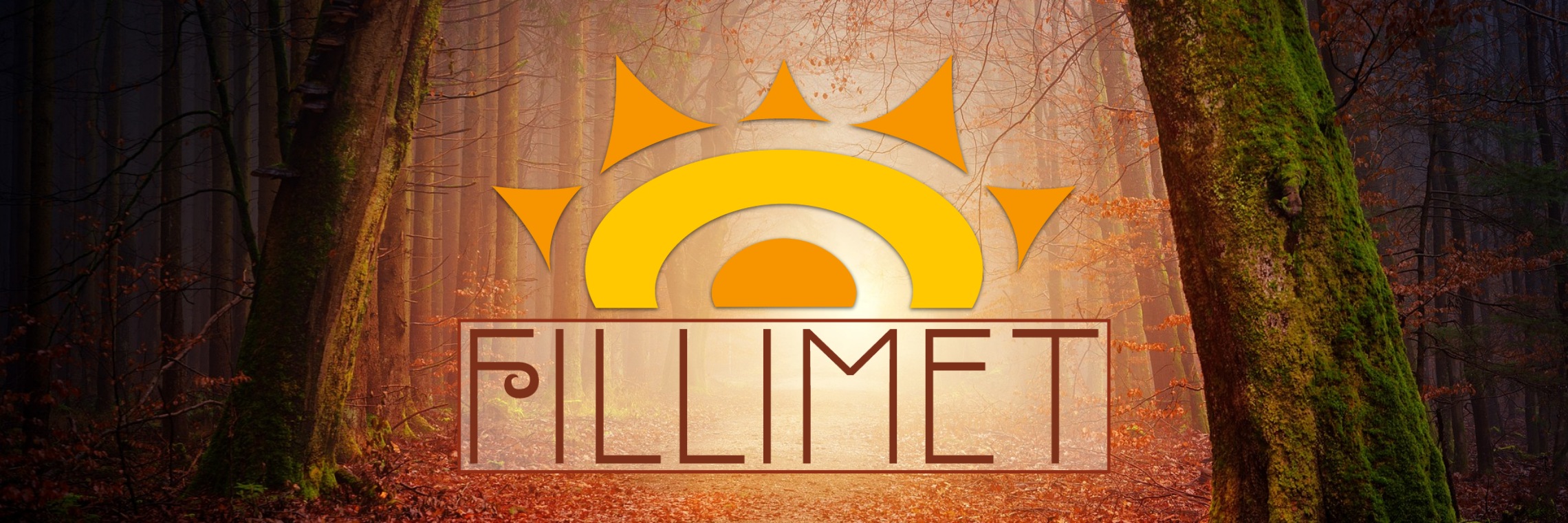
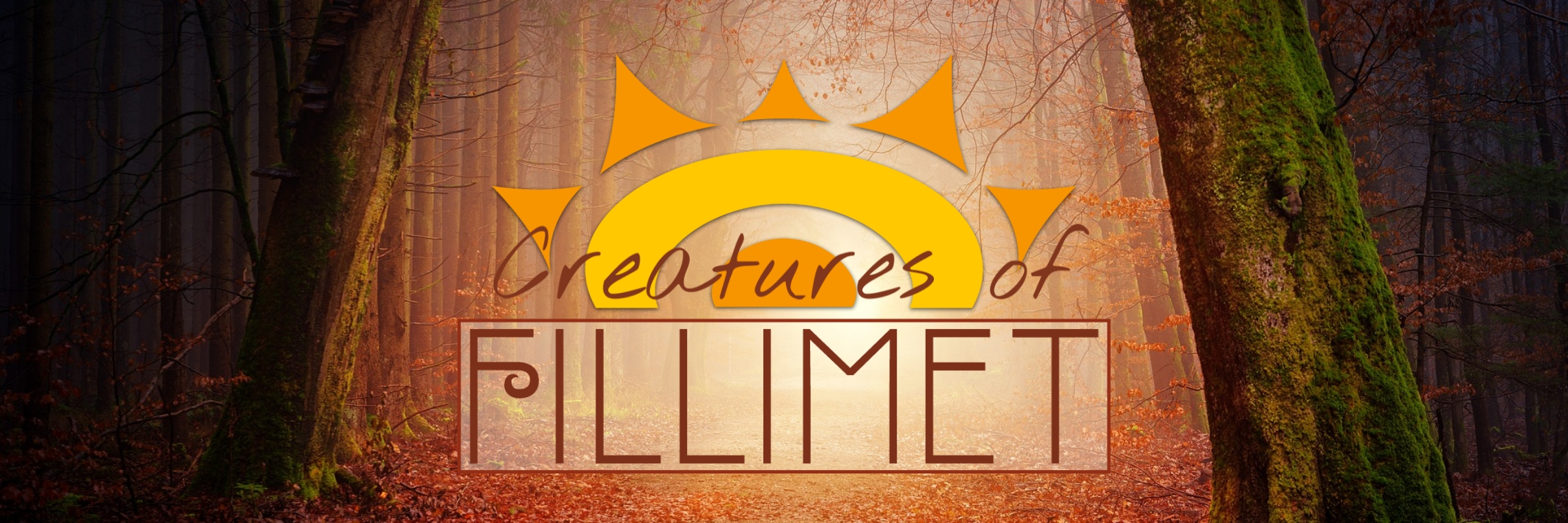
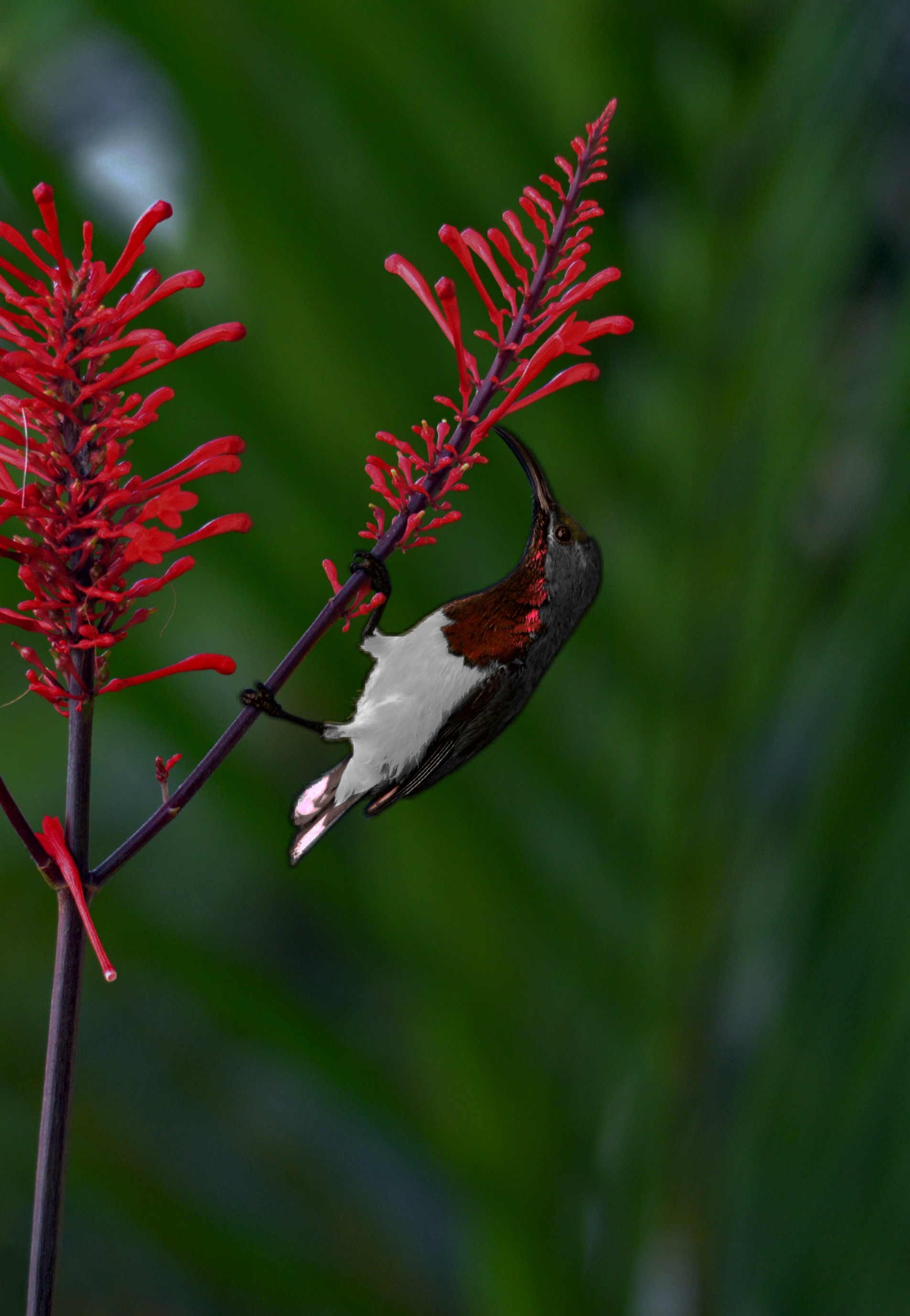



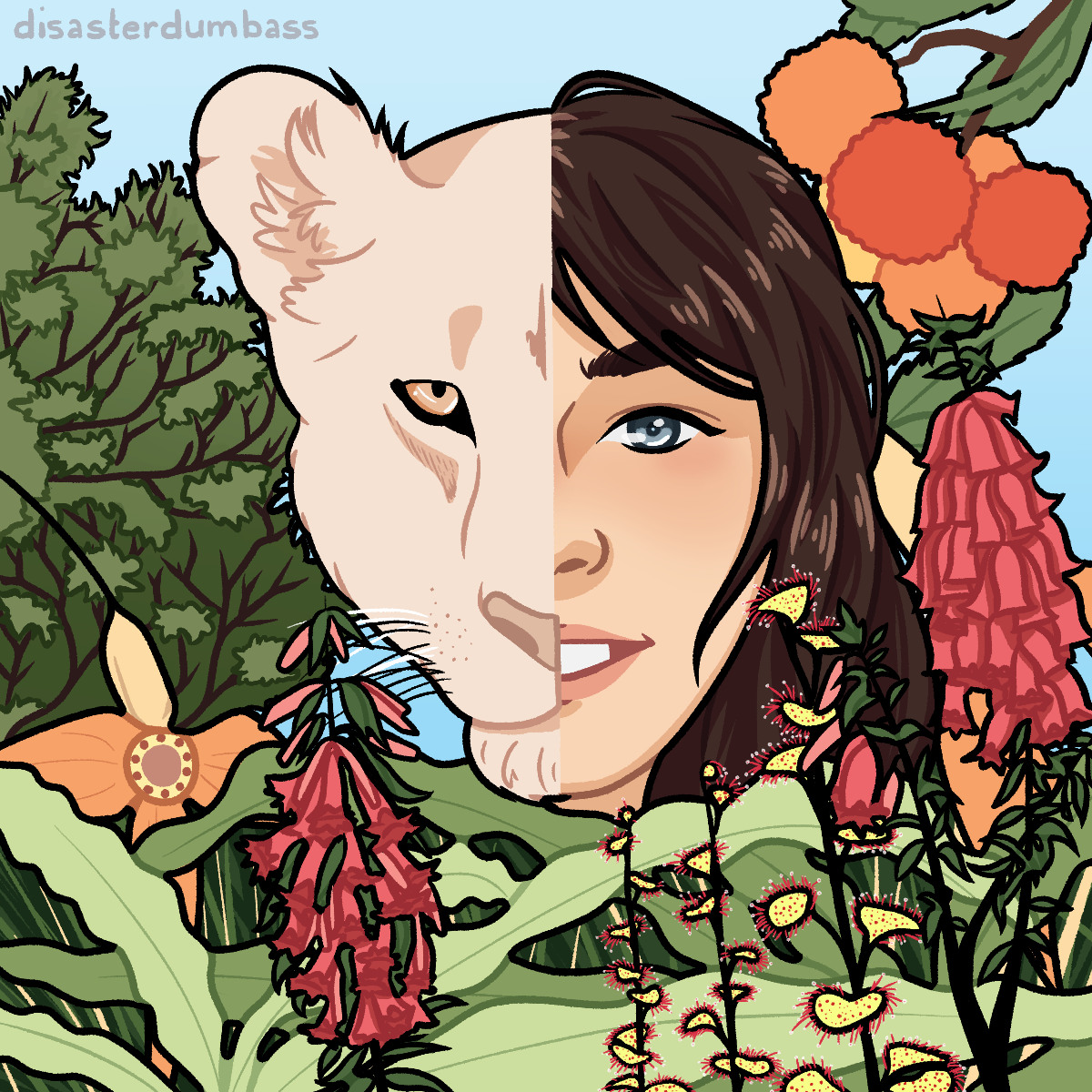
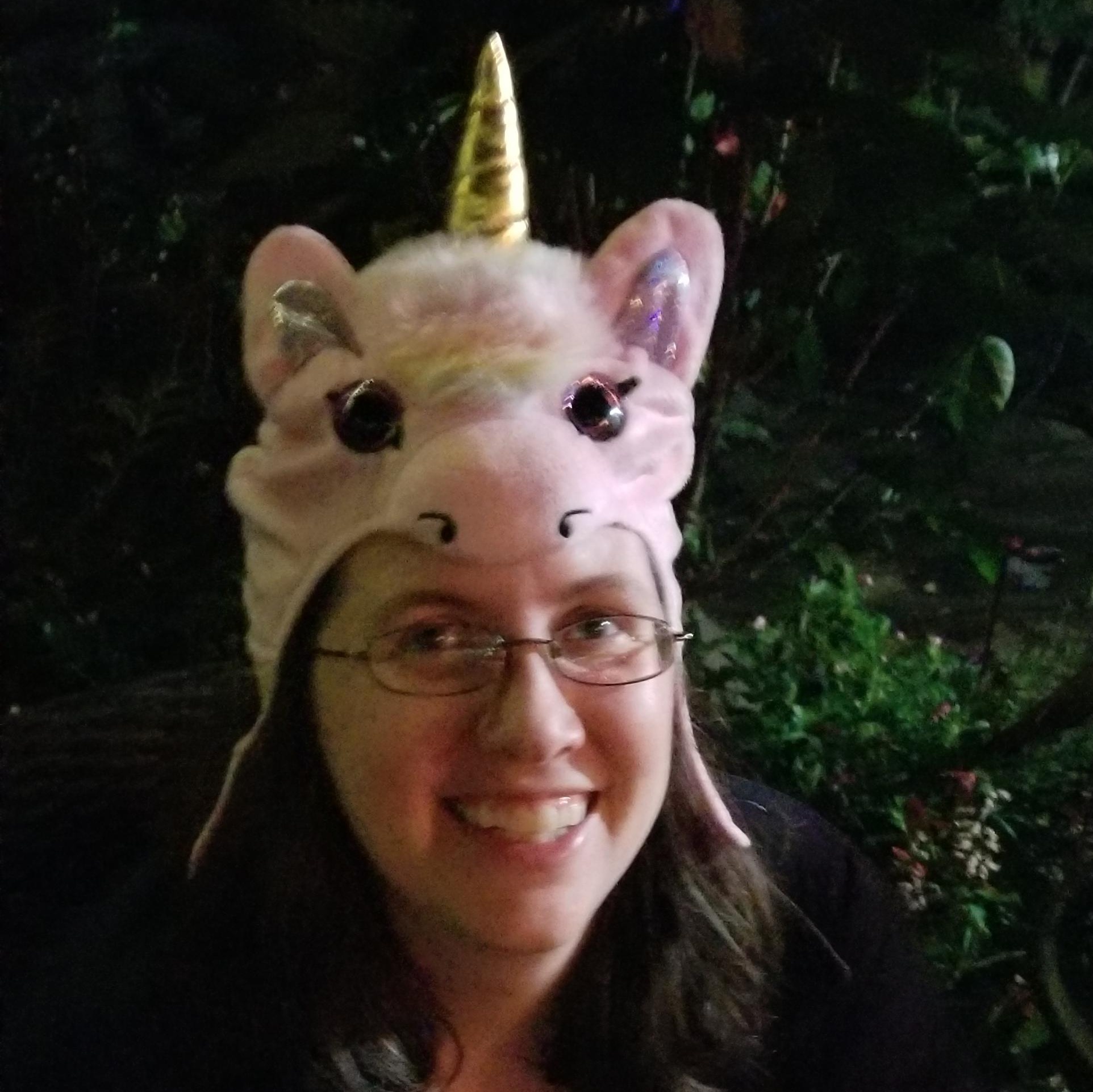

Very pretty bird, and I particularly like that one of the specimens carried vampirism and all the questions arising from that - are they a possible vector? Spooky. I love it.
Thank you!
Necromancy is a Wholesome Science.